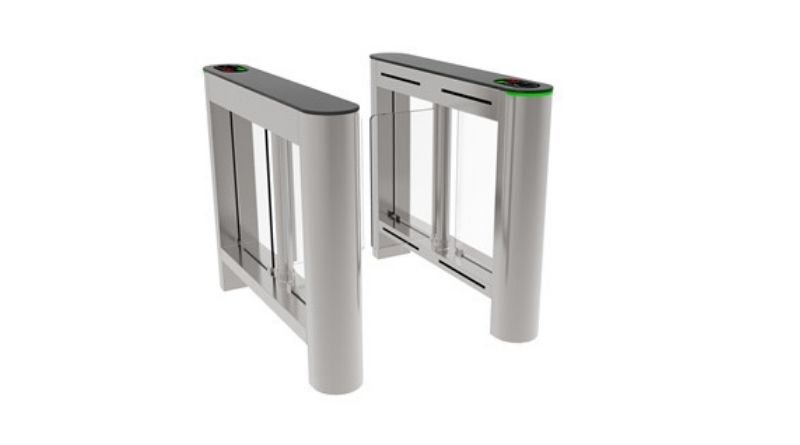Future Trends and Advancements in Supermarket Swing Gate Technology
Supermarket swing gate have become essential tools for managing customer flow and ensuring security within retail environments. As technology continues to advance rapidly, swing gate systems are also evolving to meet the changing needs of supermarkets and their customers. In this article, we will explore the future trends and advancements in supermarket swing gate technology, highlighting the potential benefits and improvements they offer.
1. Integration of Artificial Intelligence:
Artificial Intelligence (AI) is playing an increasingly significant role in various industries, and swing gate technology is no exception. In the future, swing gates could be equipped with AI-powered systems that can analyze and optimize customer flow patterns. These intelligent systems can use data collected from sensors and cameras to make real-time decisions, adjusting gate operations to minimize congestion and improve efficiency. AI integration would lead to more proactive and adaptive swing gate systems, enhancing overall store operations and the shopping experience.
2. Contactless and Touchless Solutions:
The global COVID-19 pandemic has accelerated the adoption of touchless technologies in various sectors, including retail. In the future, swing gate technology is likely to incorporate contactless and touchless solutions. This could include features like automatic sensing of customer presence, facial recognition, or RFID technology for seamless access control without the need for physical contact. These advancements would not only provide a safer and more hygienic shopping experience but also contribute to overall convenience and efficiency.
3. Advanced Security Measures:
Security is always a top priority for retailers, and swing gate technology will continue to improve in this aspect. Future swing gates may include advanced security features such as facial recognition technology, biometric authentication, or integrated security cameras with facial detection capabilities. These enhancements would enhance the overall safety and deter potential threats, ensuring a secure shopping environment for both customers and store employees.
4. Integration with Smart Store Systems:
As supermarkets become more digitally connected, swing gate technology is likely to integrate with smart store systems. This integration could involve communication with inventory management systems, customer loyalty programs, or even mobile apps. For example, swing gates could be programmed to scan customer QR codes or mobile payment apps for seamless entry and exit, while also collecting valuable data to improve customer experience and tailor marketing strategies.
5. Sustainable and Energy-Efficient Designs:
Sustainability is a growing concern across all industries, and swing gate technology is no exception. Future swing gates are likely to incorporate sustainable materials, such as recycled or recyclable plastics, and energy-efficient components. This could include motion sensors to activate gates only when necessary, automatic shut-off during low-traffic periods, or integration with renewable energy sources to reduce environmental impact. These advancements will not only contribute to sustainability goals but also help supermarkets reduce energy consumption and operating costs.
6. Enhanced Customization Options:
Customization options for swing gates are likely to expand in the future, allowing supermarkets to tailor the design to their specific store aesthetics and branding. This could include options for various colors, finishes, and branding elements. Additionally, the size and configuration of swing gates will become more flexible to accommodate different store layouts and customer needs. Enhanced customization options will help supermarkets create a cohesive and visually pleasing environment, improving the overall shopping experience.
Conclusion:
The future of supermarket swing gate technology is promising, with advancements in AI integration, contactless solutions, security measures, smart store integration, sustainability, energy efficiency, and customization options. These improvements will enhance customer flow management, security, convenience, sustainability, and overall store operations. As supermarkets embrace these future trends and advancements, they will be able to provide an enhanced shopping experience that meets the evolving needs and expectations of their customers. With continued innovation, swing gates will play an even more significant role in ensuring seamless and efficient operations in supermarkets.









